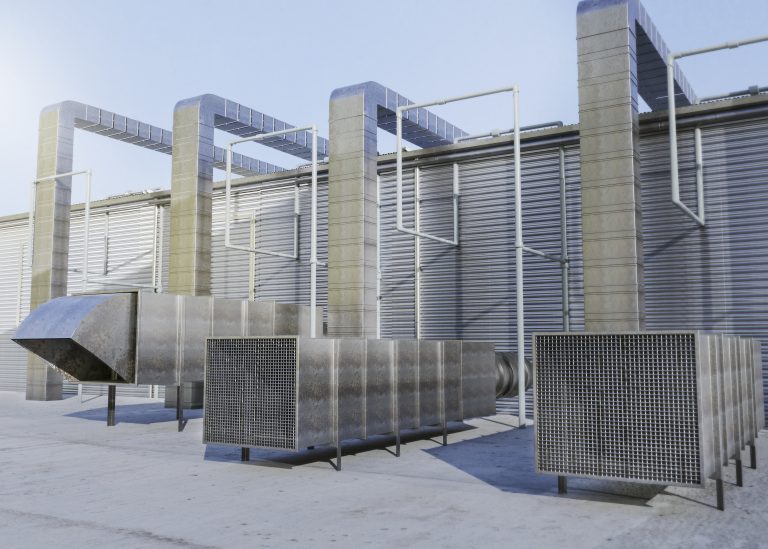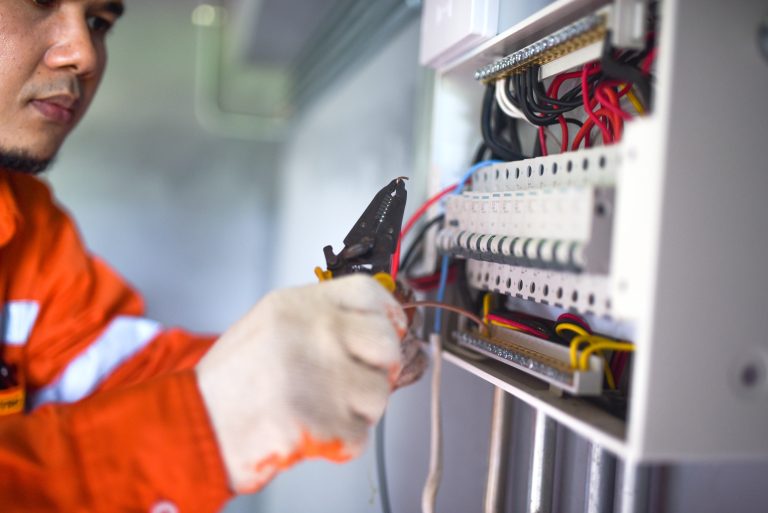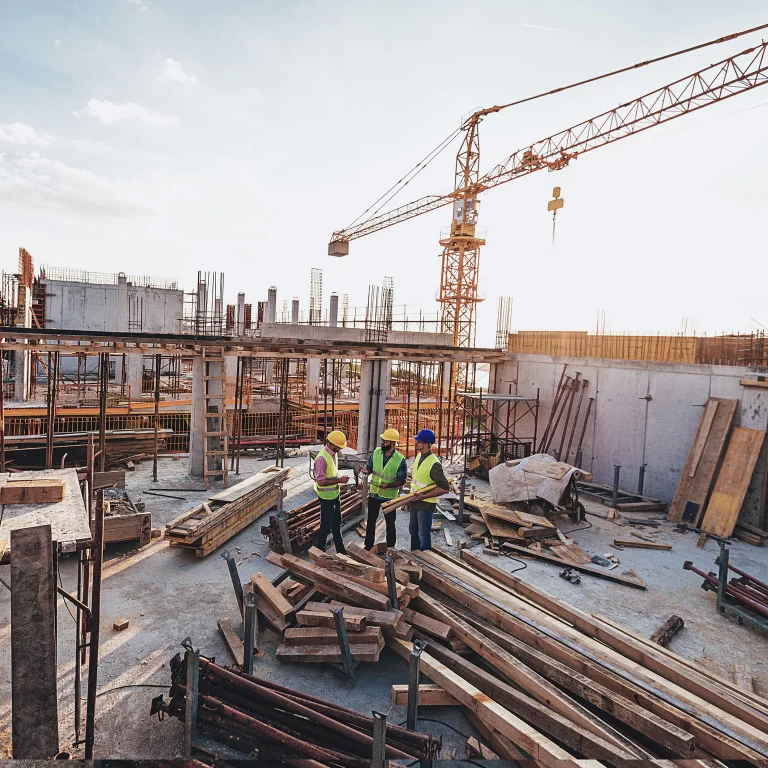Maximizing Energy Efficiency in Buildings: The Role of MEP Services in Saudi Arabia
In the quest for sustainability and environmental stewardship, Saudi Arabia is making significant strides in enhancing energy efficiency within its burgeoning construction sector. At the forefront of this endeavor are Mechanical, Electrical, and Plumbing (MEP) services, which have become pivotal in designing buildings that not only meet but exceed the Kingdom’s ambitious energy efficiency goals. This article delves into the integral role of MEP services in achieving optimal energy efficiency in Saudi Arabian buildings.
The Foundation of Energy Efficiency in MEP Design
Energy efficiency in buildings is intricately linked to the design and implementation of MEP systems. In Saudi Arabia, where the climate poses unique challenges, the efficiency of HVAC systems, electrical configurations, and plumbing layouts is paramount. By adopting advanced MEP solutions, buildings can significantly reduce energy consumption while ensuring comfort and functionality.
Strategies for Enhanced Energy Efficiency through MEP Services
- Innovative HVAC Solutions: With the HVAC system accounting for a substantial portion of a building’s energy usage, especially in Saudi Arabia’s hot climate, integrating energy-efficient designs and technologies is crucial. This includes the use of variable refrigerant flow (VRF) systems, energy recovery ventilators (ERV), and smart climate control technologies.
- Electrical Conservation Techniques: Energy-efficient lighting, such as LED technology, coupled with smart lighting controls, plays a significant role in reducing electrical consumption. Additionally, the incorporation of photovoltaic (PV) systems and the use of energy management systems (EMS) ensure optimal electrical efficiency.
- Water-saving Plumbing Designs: Implementing water-saving fixtures and recycling systems, like greywater recycling and rainwater harvesting, contributes to overall energy conservation by reducing the need for water heating and pumping.
The Impact of Green Building Standards
Saudi Arabia’s commitment to green building standards, including the Saudi Building Code (SBC) and LEED certification, underscores the importance of MEP services in achieving energy efficiency. These standards provide a framework for MEP engineers and designers to innovate and implement solutions that align with global sustainability practices.
Case Studies: Success Stories in Saudi Arabia
Across Saudi Arabia, numerous projects exemplify the successful integration of energy-efficient MEP designs. From residential compounds to commercial skyscrapers and industrial facilities, these buildings showcase the potential for significant energy savings and environmental benefits through meticulous MEP planning and execution.
Conclusion
The role of MEP services in maximizing energy efficiency in Saudi Arabian buildings is undeniable. As the Kingdom continues its journey towards sustainability, the construction industry’s focus on innovative MEP solutions represents a critical pathway to achieving energy conservation goals. By prioritizing energy-efficient MEP designs, Saudi Arabia not only enhances its built environment but also contributes to global efforts against climate change.







